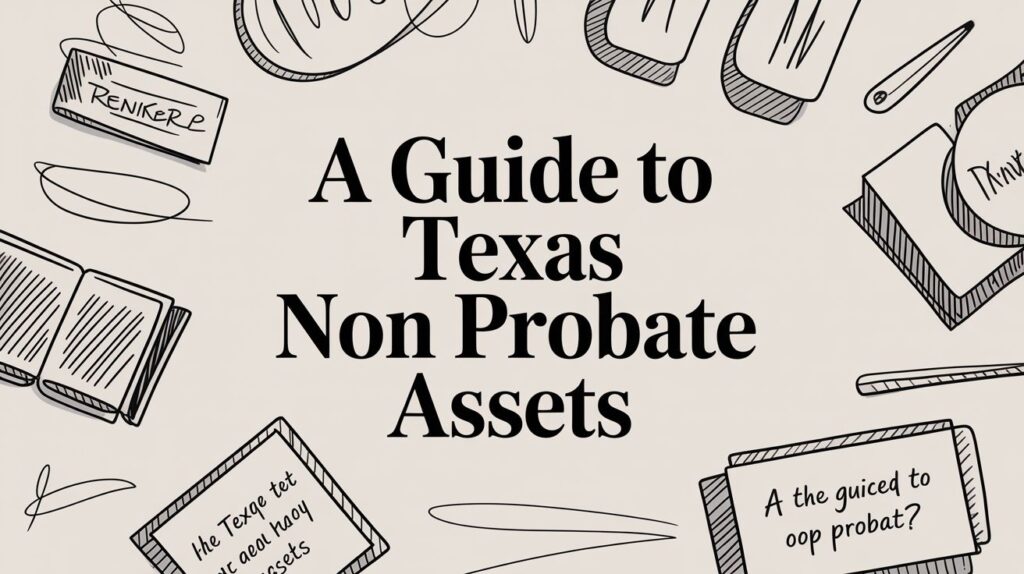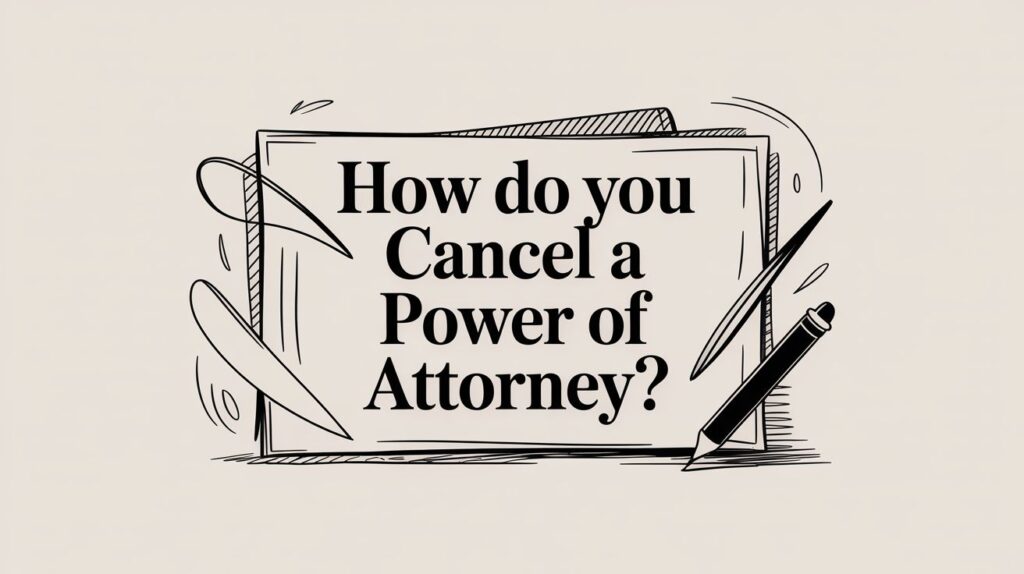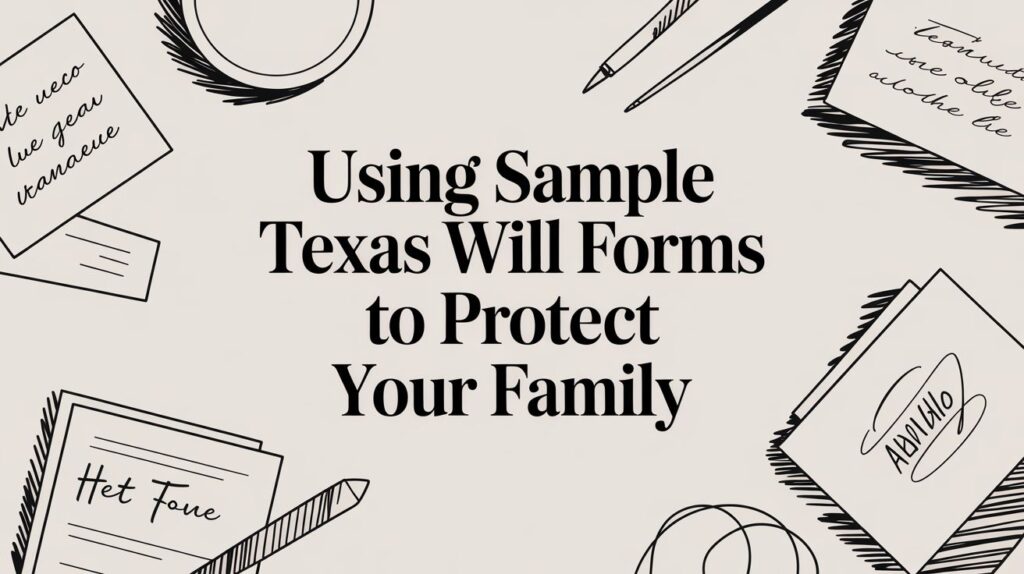If you’re dealing with an estate and wondering what happens under Texas probate rules if a beneficiary dies early, you’re not alone. This situation can cause confusion, delays, and even disputes among family members—especially when the will doesn’t clearly account for such scenarios. In probate law, timing matters. Whether the beneficiary dies before or after the testator (the person who made the will) can change everything.
Understanding how Texas probate rules if beneficiary dies early apply to your situation is essential for avoiding legal pitfalls and ensuring the rightful parties receive their share. This guide is here to walk you through the legal maze in plain language, with real-life stories and clear guidance from an analytical, yet practical perspective.

Why the Timing of Death Matters in Probate
When someone writes a will, they typically list who should receive specific assets. But what if that person—the beneficiary—dies before the will-maker does? Or even more confusing, what if the beneficiary passes away after the will-maker dies, but before the estate is distributed?
Texas probate rules if a beneficiary dies early depend heavily on when the death occurs. The legal system treats each scenario differently:
- If the beneficiary dies before the testator, they’re treated as if they never inherited.
- If the beneficiary dies after the testator but before receiving the property, their estate may inherit the share unless the will says otherwise.
This distinction is at the heart of many probate complications. That’s why understanding the exact order of deaths—and having documentation to support it—can change the outcome of who inherits what.
Real-Life Example: The Case of the Early-Heir Grandson
Let’s take a look at a family from Lubbock. James, the grandfather, left his house to his grandson, Ryan, in his will. James died in April. Ryan tragically died in a car crash two weeks later, before any of theprobate process started. James’s will didn’t mention an alternate beneficiary for the house.
Under Texas probate rules if the beneficiary dies early, Ryan’s estate would inherit the house—assuming Ryan outlived James, even for a day. That meant the house passed to Ryan’s next of kin (his wife and child), not to James’s other children, who had expected to receive it. The key was that Ryan survived James by even a short time.
Lapse and Anti-Lapse Rules in Texas Probate
One of the most important concepts to understand in this context is the “lapse” rule. Under traditional law, if a beneficiary dies before the testator, the gift lapses—it fails—and reverts back to the estate.
However, Texas probate rules if the beneficiary dies early include something called the anti-lapse statute, which overrides that traditional outcome in certain cases.
What Is the Anti-Lapse Statute?
In Texas, the anti-lapse statute (Texas Estates Code § 255.151) ensures that if a deceased beneficiary was a descendant of the testator (like a child or grandchild), their portion can pass to their own descendants instead of lapsing back into the estate.
This means:
- If the beneficiary is a child, grandchild, or sibling of the testator, and they die before the testator, their children may inherit in their place.
- The will must not include language that explicitly disinherits alternate heirs.
So, if you’re wondering about Texas probate rules if a beneficiary dies early, the anti-lapse statute may keep the gift in the family—just not necessarily in the hands originally intended.
When There Is No Will: Intestacy Rules Still Apply
If someone dies without a will, their estate goes through intestate succession, which is governed by Texas law. So what happens if one of the heirs dies before the estate is distributed?
In this case, Texas probate rules if the beneficiary dies early are even more rigid. The share of the deceased heir typically passes to their estate, assuming they survived the decedent. If they didn’t survive, their share is redistributed among the surviving heirs based on intestate rules.
Intestacy Scenario
Let’s say Maria dies without a will, and her two sons, Robert and Thomas, are her only heirs. Robert dies in a car accident a day before Maria. Because he died first, he receives nothing, and Thomas inherits everything. But if Robert had died a day after Maria, his estate would inherit his 50%, and it would pass according to his own will or heirs.
The Importance of Survival Clauses in Wills
One of the most effective tools in managing what happens when a beneficiary dies early is the survivorship clause. These are provisions that require a beneficiary to survive the testator by a certain period—often 30, 60, or 120 days—to inherit.
These clauses help clarify things and prevent what’s known as “simultaneous death issues,” where the order of death is unclear or disputed. When drafted well, these clauses make Texas probate rules if the beneficiary dies early much easier to navigate.
If a will includes a 30-day survivorship clause and the beneficiary dies on day 29 after the testator’s death, they are legally treated as having predeceased the testator.
Real-Life Story: The Simultaneous Death Dilemma
Consider a tragic plane crash near Austin that claimed the lives of a married couple—Susan and Bill. Bill had a will naming Susan as his sole beneficiary. There were no witnesses to determine who died first. Without a survivorship clause, Bill’s estate passed to Susan’s estate (even though they may have died within minutes of each other), which then went to her parents, disinheriting Bill’s own siblings.
In cases like this, Texas probate rules if the beneficiary dies early intersect with the Uniform Simultaneous Death Act, which Texas follows. This law presumes each person died before the other when there’s no proof of order—unless a will says otherwise.
What Happens to Jointly Owned Property?
When a beneficiary dies early and they co-own property with the decedent, things get more complicated. Texas probate rules for jointly owned property depend on the type of ownership:
Types of Joint Ownership
- Joint Tenancy with Right of Survivorship: The surviving co-owner automatically inherits the deceased’s share. No probate required.
- Tenancy in Common: The deceased’s share passes through probate to their estate.
So, if your name is on a house deed with a loved one who passed, don’t assume you own it outright. You’ll need to check the title language and how the property was held. The answer to how Texas probate rules if the beneficiary dies early apply depends on those details.
Alternate Beneficiaries and Residuary Clauses
One of the best ways to avoid complications is by naming alternate beneficiaries in a will. If the primary beneficiary dies early, an alternate can step in. Additionally, a residuary clause can catch any unassigned or lapsed gifts and assign them to a specific person or group.
For example, if a will leaves “$50,000 to my friend Mark” and Mark passes away early with no alternate named, that gift would lapse unless the will includes a residuary clause such as, “any remaining property goes to my niece Jennifer.” In that case, Jennifer would receive the $50,000.
Creditor Claims if Beneficiary Dies
Under Texas probate rules if the beneficiary dies early, the deceased beneficiary’s estate may inherit the property, but that also opens it up to creditor claims. If a beneficiary had significant debt, the inherited assets may be used to settle those obligations before anything passes to family members.
If your loved one was both a beneficiary and someone with unpaid debts, it’s crucial to understand how those debts could diminish or eliminate what would have otherwise been passed down.

Trusts as a Way to Avoid Probate Confusion
Using a revocable living trust instead of a traditional will can help avoid many issues tied to the question of Texas probate rules if the beneficiary dies early. In a trust, you can name successive beneficiaries—primary, secondary, and even tertiary—giving you more control over who inherits what if someone dies unexpectedly.
Trusts also bypass the probate process entirely, which means assets can transfer faster and without court intervention. If you’re planning your estate and want to ensure smooth distribution, especially in blended families or complicated relationships, a trust may be the most flexible and secure option.
Legal Options for Surviving Family Members
If a beneficiary dies early and you’re now left wondering what to do, you have legal avenues to explore. Whether you’re the executor, a co-beneficiary, or a surviving family member, knowing your rights under Texas probate rules if the beneficiary dies early can help you protect what’s yours.
Key Steps You Can Take:
- Review the will and any survivorship clauses
- Consult a probate attorney for timeline clarity
- Verify if anti-lapse rules apply
- File proper notices with the probate court
- Make claims through the deceased beneficiary’s estate if appropriate

Taking action early can prevent property from being unfairly distributed or tied up in court battles.
Final Thoughts: Navigating Texas Probate When a Beneficiary Dies Early
Dealing with probate is already emotionally challenging. Add in the unexpected death of a beneficiary, and the situation becomes legally complex as well. But by understanding how Texas probate rules if the beneficiary dies early work, you can step into the process with clarity and control.
Whether you’re planning your estate or managing someone else’s, the key is preparation. Include survivorship clauses in wills, name alternate beneficiaries, and consider trusts for more flexible planning. If you’re already in the middle of probate and facing these issues, talk to a skilled probate attorney as soon as possible.
When you have the facts, the law is far less intimidating. With the right guidance, surviving family members can protect their loved one’s wishes—and their own peace of mind.








